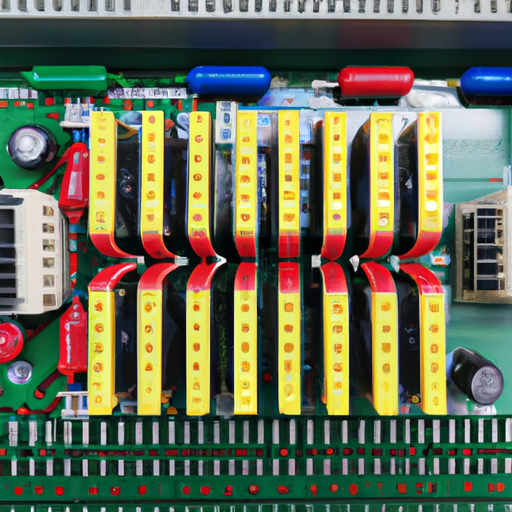AA batteries are a common type of alkaline battery, also known as AA batteries. They are a standard size battery that is widely used in a variety of electronic devices, such as remote controls, flashlights, digital cameras, etc. There are many different types of AA batteries, each with its own specific uses and features. In this article, we will introduce some popular AA battery models.

2. AA lithium battery AA lithium battery is a high-performance AA battery model with higher energy density and longer service life. AA lithium battery is usually used in high-power devices such as digital cameras, flashlights, etc., and can provide more stable and long-lasting power support.
3. AA nickel-metal hydride battery AA nickel-metal hydride battery is a rechargeable AA battery model with a high cycle life and low self-discharge rate. AA nickel-metal hydride batteries are usually used in devices that require frequent charging, such as wireless microphones, game controllers, etc., to provide continuous power support.
4. AA zinc-carbon battery AA zinc-carbon battery is an economical AA battery model suitable for disposable low-power devices. AA zinc-carbon battery has lower capacity and shorter lifespan, but is cheap and suitable for disposable occasions.
5. AA nickel-cadmium battery AA nickel-cadmium battery is a type of AA battery that is gradually being phased out because it contains toxic cadmium. AA nickel-cadmium batteries have a high cycle life and low internal resistance, but they pose environmental pollution and health risks. With the improvement of environmental awareness, AA nickel-cadmium batteries are gradually being replaced by other types of batteries.
In general, there are many different types of AA batteries, each with its own specific uses and characteristics. When choosing AA batteries, consumers should consider factors such as the power requirements of the device, the frequency of use, and environmental friendliness, and choose a battery model that suits their needs. I hope this article is helpful to readers, thank you for reading!
AA batteries are a common type of alkaline battery, also known as AA batteries. They are a standard size battery that is widely used in a variety of electronic devices, such as remote controls, flashlights, digital cameras, etc. There are many different types of AA batteries, each with its own specific uses and features. In this article, we will introduce some popular AA battery models.

2. AA lithium battery AA lithium battery is a high-performance AA battery model with higher energy density and longer service life. AA lithium battery is usually used in high-power devices such as digital cameras, flashlights, etc., and can provide more stable and long-lasting power support.
3. AA nickel-metal hydride battery AA nickel-metal hydride battery is a rechargeable AA battery model with a high cycle life and low self-discharge rate. AA nickel-metal hydride batteries are usually used in devices that require frequent charging, such as wireless microphones, game controllers, etc., to provide continuous power support.
4. AA zinc-carbon battery AA zinc-carbon battery is an economical AA battery model suitable for disposable low-power devices. AA zinc-carbon battery has lower capacity and shorter lifespan, but is cheap and suitable for disposable occasions.
5. AA nickel-cadmium battery AA nickel-cadmium battery is a type of AA battery that is gradually being phased out because it contains toxic cadmium. AA nickel-cadmium batteries have a high cycle life and low internal resistance, but they pose environmental pollution and health risks. With the improvement of environmental awareness, AA nickel-cadmium batteries are gradually being replaced by other types of batteries.
In general, there are many different types of AA batteries, each with its own specific uses and characteristics. When choosing AA batteries, consumers should consider factors such as the power requirements of the device, the frequency of use, and environmental friendliness, and choose a battery model that suits their needs. I hope this article is helpful to readers, thank you for reading!